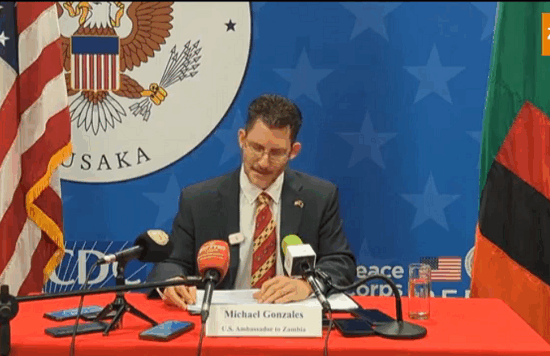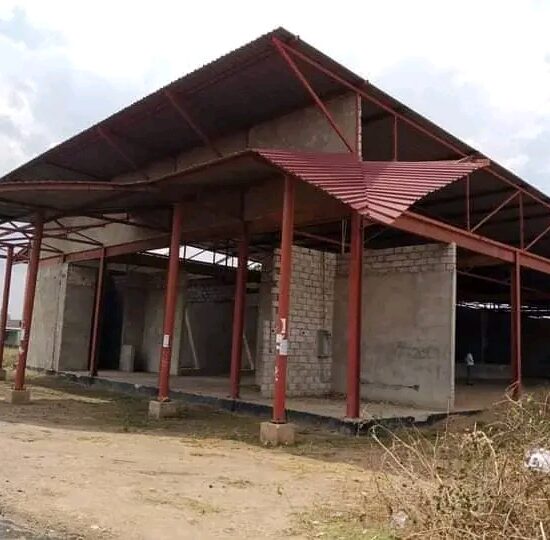
Zambia has been ranked among the least child-friendly countries in Africa (48 out of 52 African countries surveyed) according to the 2018 African Report on Child Well-being entitled “How Child–Friendly are African Governments”. This report highlighted some of the failures the country as the plight of street children remains unattended to.
A review of the report showed that the top five most child friendly African governments ranked from the best had the number one country being the island of Mauritius, in second and third position was North Africans Algeria, Tunisia, while the fourth and fifth were South Africa and Cabo de Verde.
Zambia was however ranked among the list five government included countries such as Cameroon , Chad, Central African Republic and South Sudan. Other countries afflicted with sanctions and civil strife such as Zimbabwe and Congo DR were all far ahead of Zambia.
Commenting on the report in an interview with the Zambian Business Times – ZBT, National Child Rights Forum (NCRF) Board member Judith Mulenga said failure by the Zambian government to enact the Children Code Bill may be responsible for such a low ranking.
She told ZBT that failure to enact the Children Code Bill into Law May be construed as a sign that the Zambian parliamentarian and government does not prioritise the rights of children in the country and has since urge government to present the Children Code Bill at the current National Assembly session that opened on 18th June 2019.
She said that government has put more priority on dealing with issues that will help them win election neglecting the wellbeing of children simply because they do not vote and influence policy decision making, which should not be the case.
Mulenga added that a total of 51 bills have so far been enacted by parliament since 2017 but that the process of the children code bill started as early as 2006 and nothing has been done even up todate.
“The inertia that has characterised the inaction by Government to enact the Children Code Bill keenly exemplifies Zambia’s ranking among the least child-friendly Governments in Africa. It is our collective conviction that since childhood is a short period which children pass through to adulthood, the delayed enactment of the Children Code Bill has denied many Zambian children who would have benefited from the progressive provisions of the Children Code Bill in the last 13 years since the comprehensive review of all child related legislations begun?” she said.
The further analysis of the report by ZBT analysts suggested that national income is not necessarily the primary factor in determining a government’s child friendliness. The report stated that “there are several African countries at the bottom of the economic ladder in term of Gross Domestic Product – GDP which nevertheless performed relatively well in the Child Friendly Index – CFI”.
”Lesotho and Togo, for example, have relatively low GDP per capita but enjoy higher scores and rankings in the 2018 CFI, demonstrating that child-friendliness is not necessarily linked to national income”.
Conversely, a country like Equatorial Guinea performs poorly in the CFI despite its very high GDP per capita, reinforcing the argument that child-friendliness is not just about resources but about putting in legal provisions, directing and using national available resources effectively for the benefit of children.
The report further acknowledged that Africa in general had recorded significant advance. It stated that despite these advances, two areas of concern remain. Firstly, some countries have dropped significantly down the CFI over the last ten years – Zambia, for example, has fallen to 48th out of 52 African countries surveyed place due to its reduced commitment to children’s basic needs, services and wellbeing,” the report indicated.
Mulenga said government must seriously allocate more resources to things that benefit children such as allocating not less than 20 percent of the nation budget to the education sector as well as 15 percent to the health sector while social security should also be given a fair budget allocation so that children’s wellbeing can be safeguarded.
Zambia has struggled to deal with the issue of street children which is one of the biggest indictment for the society, parliament and government leaders. Some of the key cities and towns in Zambia has children that can be sited begging on the streets, with no clear policy or regulation to safeguard these innocent children.
There had been suggestions of engaging the national service, expanding public support to orphanages and coming up with national solutions that would insure that no child in Zambia fails to find an alternative home but all these have not been fully implemented. Analyst have warned that the issue of street kids is a ticking time bomb as the country have already recorded the emergence of youth gangs in both Lusaka and Kitwe, Zambia two largest cities by population.






